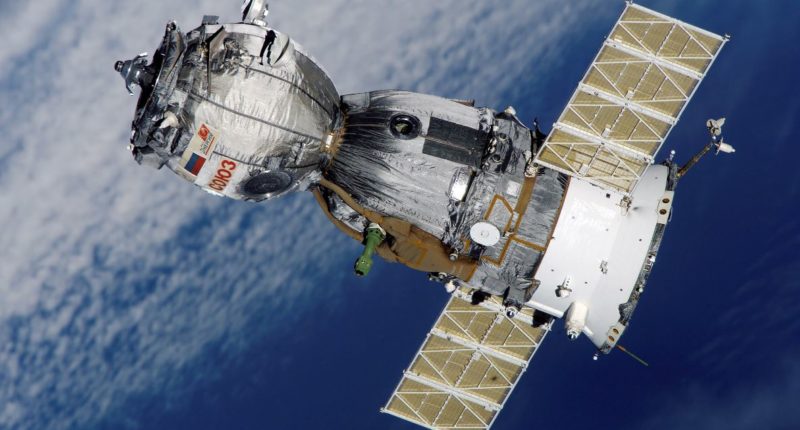India has been making headway in its space game ever since the government allowed the inclusion of private companies in the country’s space sector, with new companies announcing exciting projects very often now. After a private company Skyroot Aerospace completed the test of its upper stage rocket engine-Raman (a first for any private space player in India), another private space startup has announced a milestone. Pixxel, which aims to deploy its own constellation of earth imaging satellites, has secured $5 million in funding for its first launch planned for later this year.
The Bangalore based company, which will become the first private space company to do so, completed its biggest round till date, with the participation of Blume Ventures, Lightspeed India Partners, and growX ventures and a number of other angel investors. This landmark coming just 1.5 years after the company was founded, is a testament to its glowing prospect, especially since it raised $700,000 in pre-seed money from Techstars and others last year.
Now, the company is ready to conduct its first launch, which will initiate the building of its own constellation of 30 Earth imaging satellites. Planned to take off some time later this year on a Soyuz rocket, these satellites will be able to provide much higher quality data as compared to today’s existing Earth imaging satellites, powered by Pixxel’s own deep learning models. This constellation is supposed to finish by 2022, after which according to Pixxel, the company will be able to identify and even potentially predict large problems and phenomena that can have impact on a global scale.
These satellites will be much smaller compared to the other Earth imaging sats we have in the orbit right now. This will also address the earth observatory problem that astrologers have highlighted with the growing number of satellites and constellations in the air. However, the compact size of the device will in no way affect its image capturing capabilities, which shall be even higher than the satellites network we have right now.
Once completed, the 30 satellite constellation will be able to provide globe-spanning imaging capabilities on a daily basis.
The idea of forming your own constellation has become very ubiquitous these days, with SpaceX’s Starlink, Amazon’s Kuiper (Blue Origin’s to be specific) and many others lining up satellite constellations of their own. Some are farther along than others, with SpaceX having completed 11 missions of the Starlink deployment already. In fact, yesterday’s launch carried 3 of Planet’s SkySats spacecraft, which coincidentally just completed its 21 satellites strong constellation with this mission.
The Tech Portal is published by Blue Box Media Private Limited. Our investors have no influence over our reporting. Read our full Ownership and Funding Disclosure →






